
Expert Commercial AC & HVAC Solutions
Get top-notch commercial AC services, including installation, maintenance, and energy-efficient HVAC systems.
Heat pumps and air conditioners control indoor temperature and humidity but differ in function. Heat pumps both heats and cools a space by transferring heat from outdoor/indoor air, while air conditioners remove heat and moisture to cool the air. Heat pumps are efficient and well-suited to moderate climates, while air conditioners are less efficient but effective in very hot and humid climates. Both are available in various sizes and can be ducted or ductless. Heat pumps are versatile and efficient, while air conditioners are better for cooling-only or high-humidity areas.
Energy-efficient heating and cooling systems offer many benefits. Firstly, they save money on energy bills by reducing household energy consumption. Secondly, they help reduce greenhouse gas emissions and mitigate climate change by using less energy generated from fossil fuels. Thirdly, energy-efficient systems improve indoor air quality by filtering and circulating air effectively. Lastly, they increase the value of a property as potential buyers or tenants are willing to pay more for energy-efficient systems. Proper maintenance of these systems is key to achieving these benefits. Overall, energy efficiency in heating and cooling systems offers a comfortable, healthy, and sustainable living or working environment while also contributing to a more sustainable future.
This blog post aims to provide information on the various types of heat pumps, their maintenance requirements, and pricing, in order to assist you in making an informed decision.
Most efficient heat pumps
| Model | Cooling Capacity | Heating Capacity |
| Daikin Cora 25Z High Wall Heat Pump | 2.5kW | 3.2kW |
| Daikin Cora Series FTXM46UVMZ Heat Pump | 5.5kW | 6.7kW |
| Mitsubishi Electric Designer Series EF 25 High Wall Heat Pump | 2.5kW | 3.2kW |
| Mitsubishi Electric Designer Series EF 42 High Wall Heat Pump | 4.2kW | 5.4kW |
| Panasonic Z20 Aero Series High Wall Heat Pump | 2.0kW | 2.7kW |
| Panasonic Z60 Aero Series High Wall Heat Pump | 6.0kW | 7.2kW |
Table of models available in the market.
Daikin Cora 25Z High Wall Heat Pump:
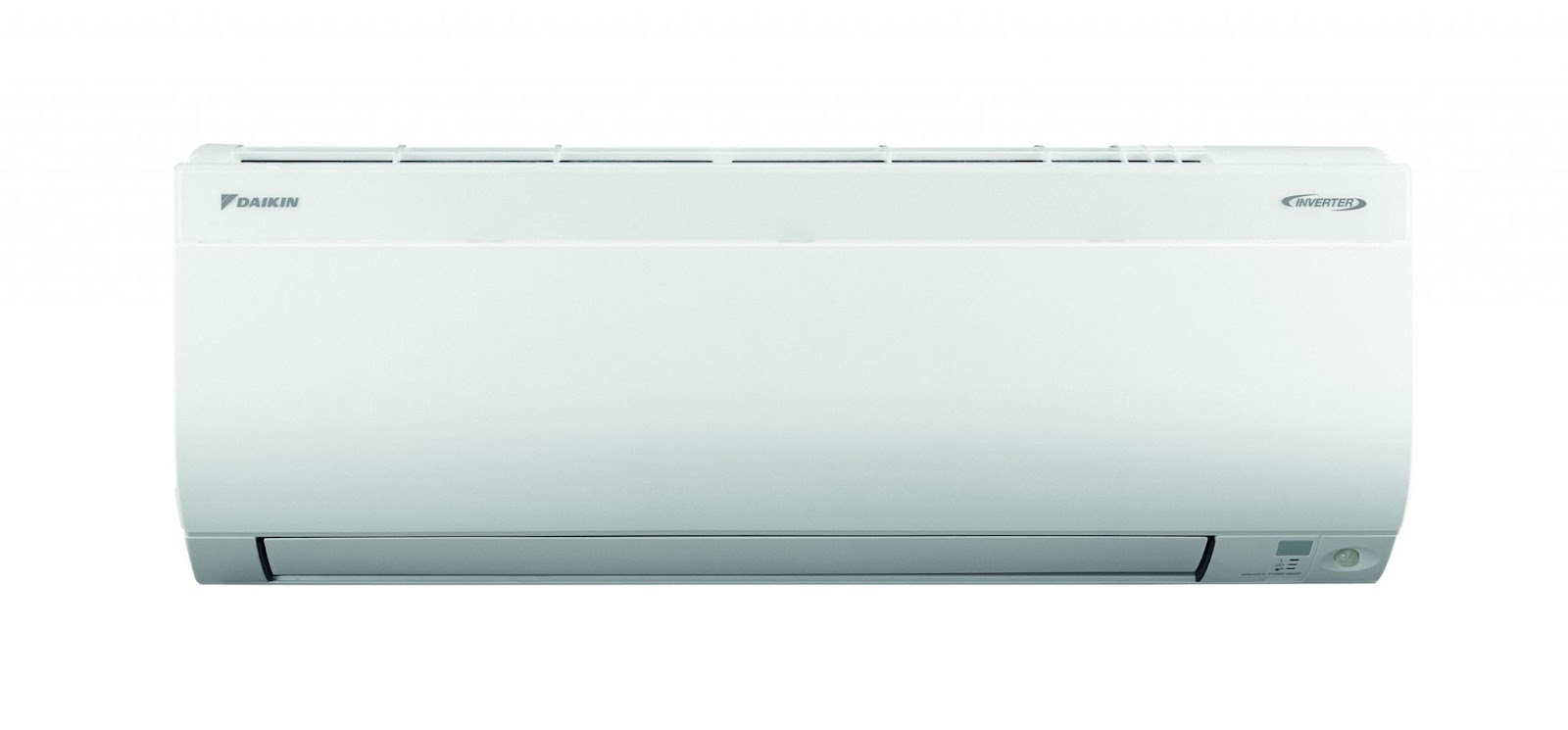
This product features R32 refrigerant which increases energy efficiency and reduces the environmental impact. It also includes a 2-Area Intelligent Eye sensor to save energy, Comfort Airflow for even temperature distribution, Advanced Purification with an air purification filter, Whisper Quiet operation, and precise temperature control. Its cooling capacity is 2.5kW and its heating capacity is 3.2kW.
Daikin Cora Series FTXM46UVMZ Heat Pump:

With a heat capacity of 5.4kW (6.7kW maximum) and a cool capacity of 4.6kW (5.5kW maximum), it provides reliable heating and cooling performance. The system boasts a high coefficient of performance (COP) of 3.89 and an energy efficiency ratio (EER) of 3.83, ensuring efficient operation. In terms of size, the indoor unit measures 770mm x 285mm x 226mm, making it compact and easy to fit into various spaces. The Daikin Cora series combines functionality with aesthetics, offering quiet operation, superior energy efficiency, and a sleek design in matte white, allowing it to seamlessly blend into modern bedrooms and living areas. It aims to create a comfortable and inviting environment for families throughout the year.
Mitsubishi Electric Designer Series EF 25 High Wall Heat Pump:
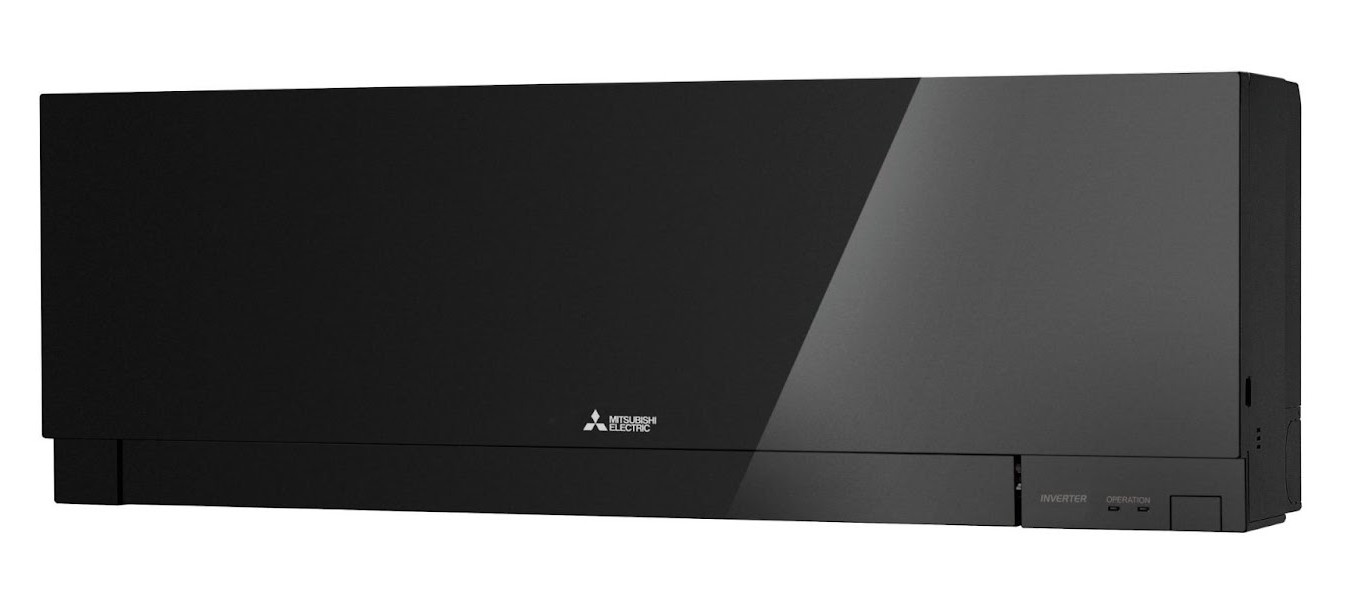
This heat pump features energy-efficient EcoCore Inverter Technology, advanced Nano Platinum Filter, next-generation R32 Refrigerant with a lower environmental impact, and a built-in 7-day programmable controller. The Blue Fin Anti-Corrosion Treatment protects the heat exchanger of the outdoor unit, and the indoor unit operates quietly in Silent Mode.
Mitsubishi Electric Designer Series EF 42 High Wall Heat Pump:
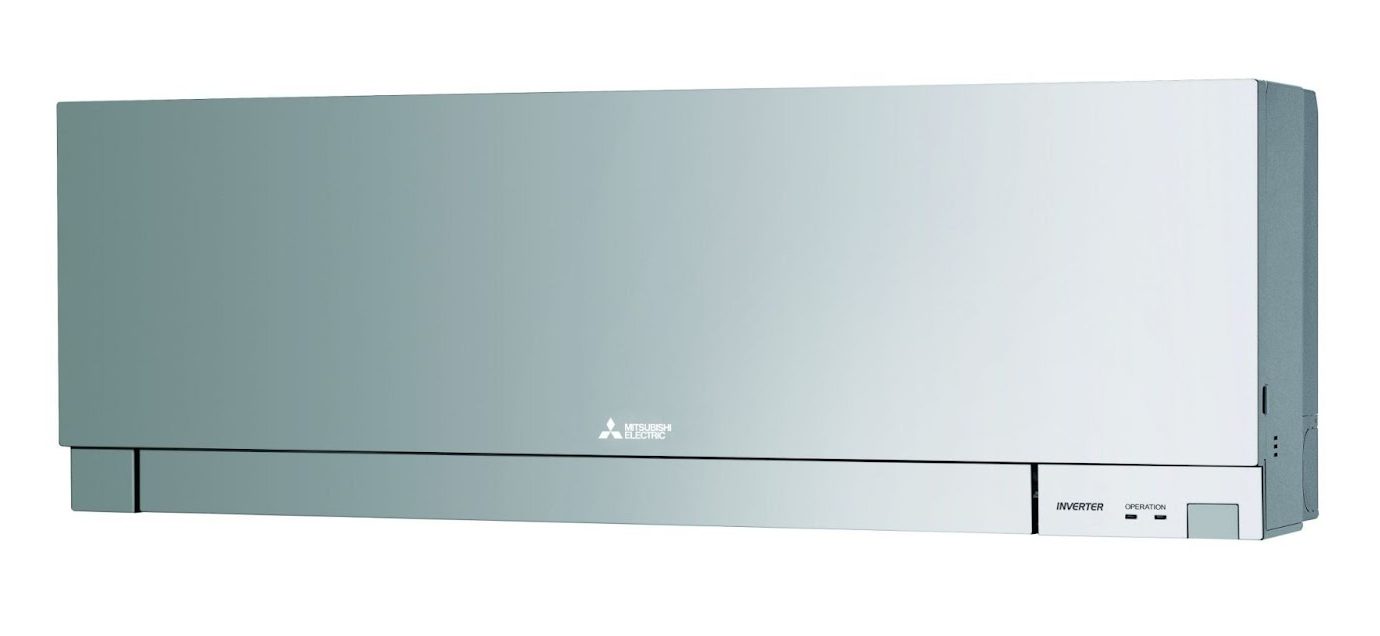
This product features EcoCore Inverter Technology, which is energy efficient, and uses the R32 refrigerant which has a lower environmental impact. It also has an advanced Nano Platinum Filter that collects dust, deodorizes the air, and eliminates bacteria. Additionally, the outdoor unit has a Blue Fin Anti-Corrosion Treatment to withstand salt and sulfur in the air. The Designer Series Heat Pumps also have a 7-Day Programmable Controller for regulating energy usage and comfort settings.
Panasonic Z20 Aero Series High Wall Heat Pump:

The Panasonic CS/CU-Z60VKR is a premium high-wall INVERTER Heat Pump series air conditioner with a cooling capacity of 6.0kW and a heating capacity of 7.2kW. It features a slim design, nanoeX technology, AEROWINGS, and i-AutoX. The nanoeX technology inhibits pollen and bacterial growth and deodorizes food smells and pet odours. The unit can function for both warming and cooling within a temperature range of -15° to 24°C.
Panasonic Z60 Aero Series High Wall Heat Pump:

The Panasonic AERO VKR Series is a new premium high-wall INVERTER heat pump series that combines slim design and cutting-edge technology. The small room system, CS/CU-Z20VKR, has a cooling capacity of 2.0kW and a heating capacity of 2.7kW. The unit features an Aero Slim Design, nanoeX technology to inhibit pollen and bacteria growth, and versatile warming and cooling capabilities. It can perform its heating function in environmental temperatures of -15° to 24°C.
Regular maintenance is vital for efficient heat pump operation. It maximizes energy efficiency and saves money on energy bills. Additionally, it extends the heat pump’s lifespan, prevents breakdowns, and improves indoor air quality. Maintenance can also help maintain warranty coverage as it is often required to ensure the validity of the warranty. Without regular maintenance, small issues may go unnoticed and lead to significant damages, requiring costly repairs or even complete system replacement. By performing regular maintenance, homeowners can avoid these issues and enjoy a comfortable, healthy, and cost-effective living environment.
Heat pump maintenance costs
The maintenance costs for different types of heat pumps and air conditioners in New Zealand vary based on several factors, including system age, complexity of maintenance, and region. The average maintenance cost for ducted heat pump systems ranges from $225 to $450 per year, while wall-mounted heat pumps cost between $145 and $290 per year. These costs typically cover routine maintenance checks, either 1 or 2 visits per year depending on how often it is used and its surrounding environment, cleaning of air filters, basic cleaning of indoor and outdoor units and a performance check. It’s important to keep up with regular maintenance to extend the life of your system and avoid costly repairs.
Maintaining a heat pump or air conditioning system can be costly, but there are ways to minimize these expenses. One way to do this is by regularly cleaning or replacing air filters, as clogged or dirty filters can reduce efficiency and increase energy consumption. It’s also important to keep the outdoor unit clear of debris and to adjust thermostat settings to match occupancy schedules, which can reduce energy consumption and minimize wear and tear on the system. Scheduling regular maintenance checks can also help identify small issues before they become major problems, reducing the likelihood of breakdowns and costly repairs. Using ceiling fans and programming times your controller can further improve efficiency and reduce wear and tear. Finally, keeping the indoor unit clean by regularly dusting and removing debris can help improve efficiency and reduce the risk of breakdowns.
Factors affecting the pricing of heat pumps and air conditioning systems in New Zealand include system size and capacity, efficiency rating, brand and model, installation requirements, additional features, and region. Rebates and incentives may also impact pricing, potentially reducing the overall cost of the system.
Energy-efficient heat pump pricing
The price range for energy-efficient heat pumps in New Zealand can vary depending on several factors, such as the size of the unit, brand, efficiency rating, and installation costs. Generally, the price range for energy-efficient heat pumps in New Zealand can start from around $1,800 for a smaller, basic model and go up to $6,000 or more for a larger, high-end model.
It’s important to note that while the upfront cost of a heat pump can seem high, the long-term energy savings and efficiency can make it a cost-effective investment. Additionally, there may be rebates or incentives available from the government or manufacturers that can help reduce the cost of a heat pump.
Energy-efficient heat pumps are pricier than non-efficient models due to advanced technology and materials. Though, energy-efficient models can result in long-term energy savings, offsetting the upfront cost.
It is clear that energy efficiency is a crucial factor to consider when choosing heat pumps and air conditioners for your home. Not only does it reduce your energy consumption and carbon footprint, but it can also save you a significant amount of money on your energy bills over time. By investing in energy-efficient models, you can enjoy the same level of comfort while reducing your impact on the environment. As a responsible customer, it is important to make informed decisions about the products you choose to purchase and use in your home. We encourage you to consider energy efficiency when shopping for heat pumps and air conditioners and to choose models that have high energy efficiency ratings.
Follow Varcoe for ways of making your life more comfortable on topics like; help with the new healthy homes standards, how to create a better sleep environment, and, the importance of a comfortable temperature in the school.


Get top-notch commercial AC services, including installation, maintenance, and energy-efficient HVAC systems.
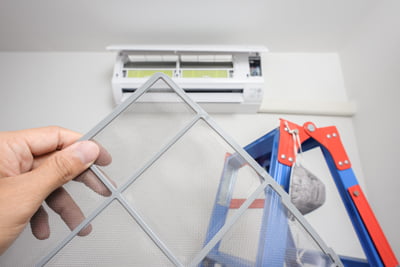
At Varcoe, we believe that all New Zealanders have the right to a warm, healthy home. While we often associate…
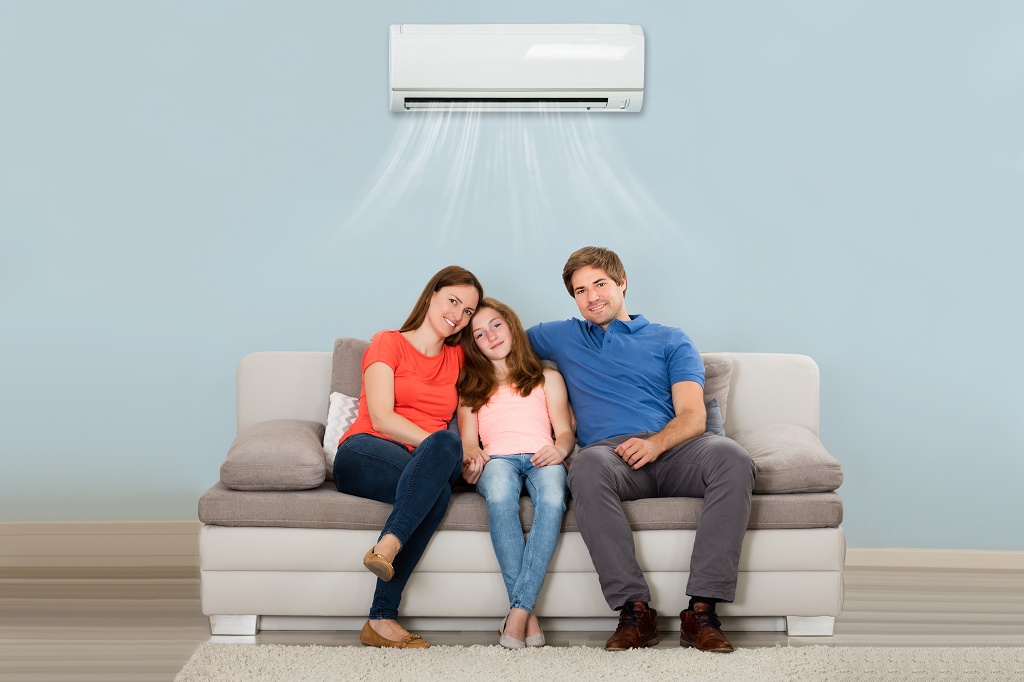
At Varcoe, we believe that all New Zealanders have the right to a warm, healthy home. While we often associate…
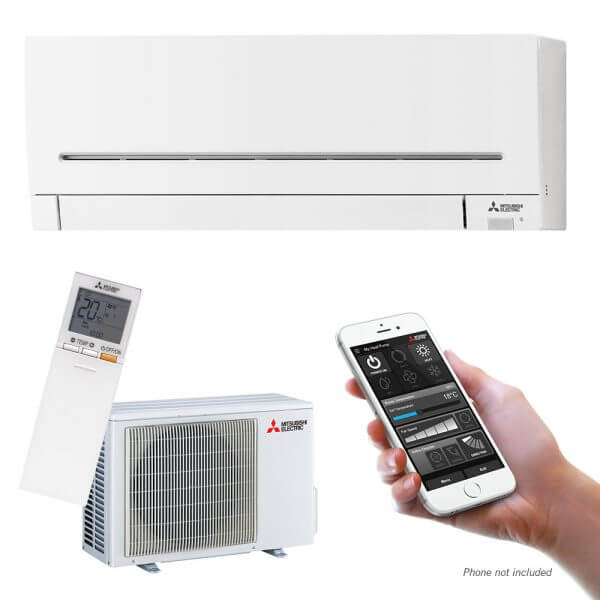
At Varcoe, we believe that all New Zealanders have the right to a warm, healthy home. While we often associate…
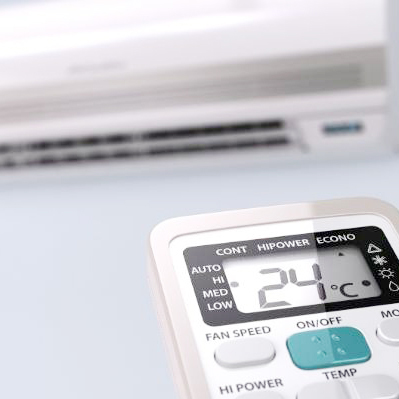
At Varcoe, we believe that all New Zealanders have the right to a warm, healthy home. While we often associate…
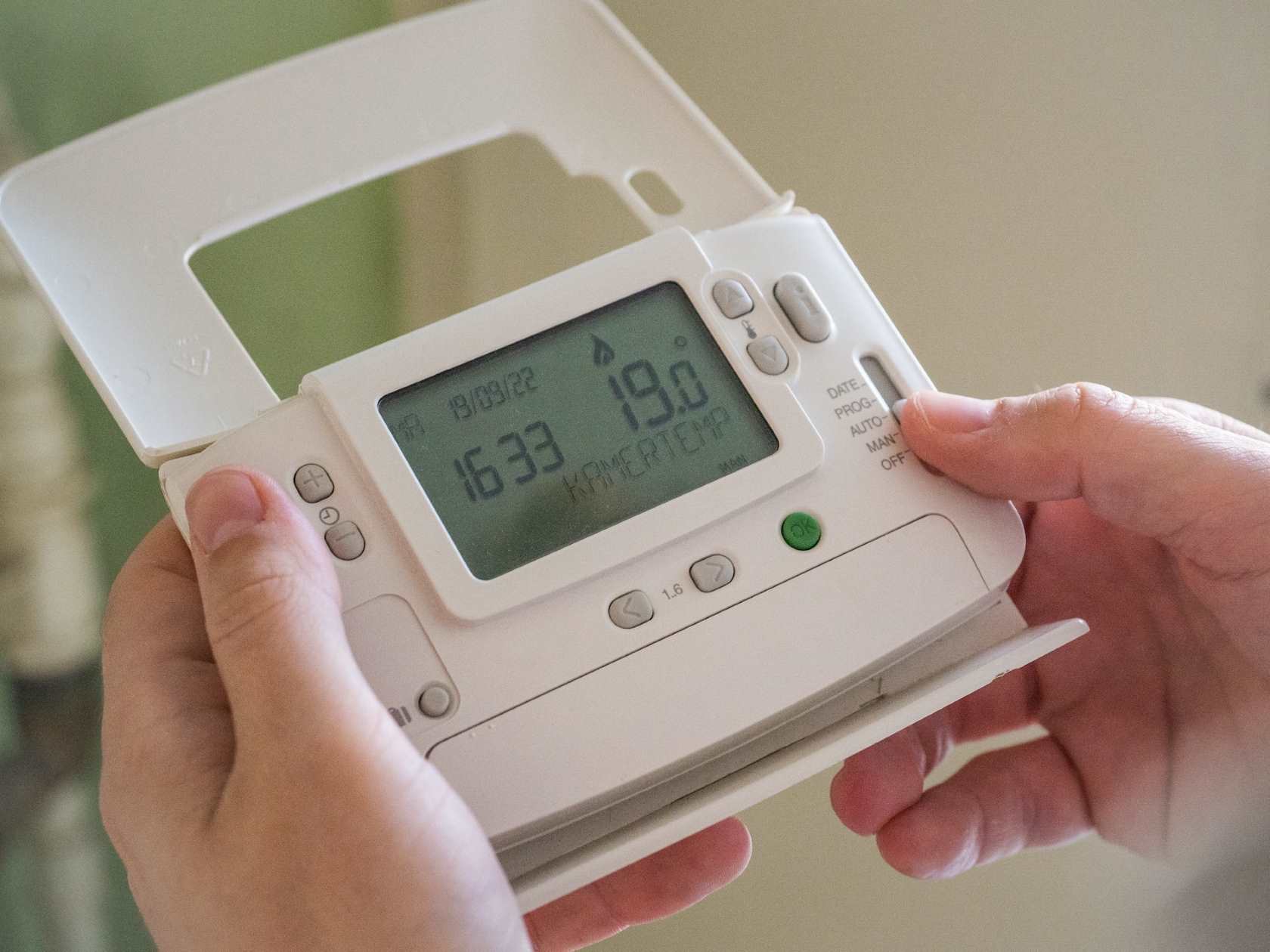
At Varcoe, we believe that all New Zealanders have the right to a warm, healthy home. While we often associate…

At Varcoe, we believe that all New Zealanders have the right to a warm, healthy home. While we often associate…

Heat pumps are a great investment for your home, but sometimes the upfront cost can be a little overwhelming.
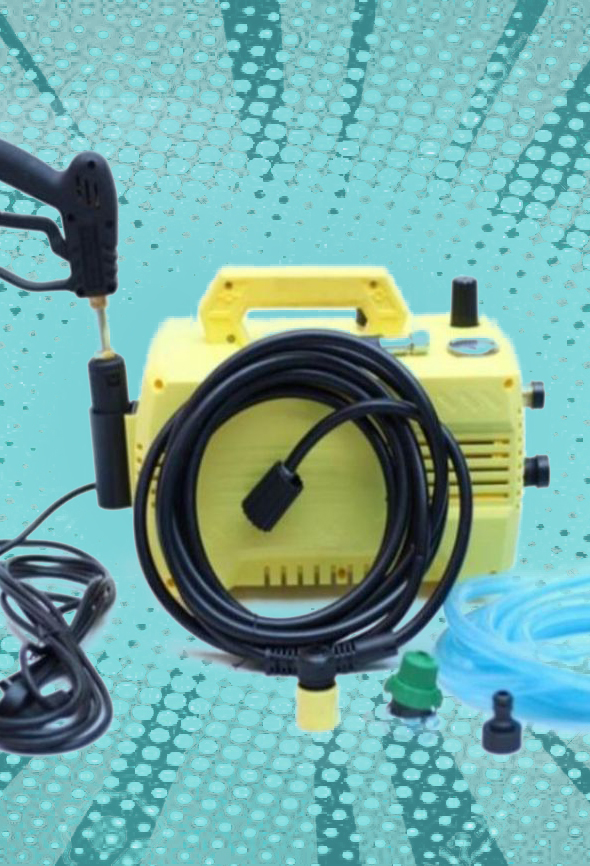
If you service your heat pump yearly you will get a longer life from your heat pump. Plus it will run more efficiently.

Mitsubishi Electric has been a world leader in Heat pumps and Air Conditioning since 1968

Daikin is one of New Zealand’s most trusted names in Heat Pumps and Air Conditioning

Panasonic has been loved by New Zealand households for almost a century
Copyrights Reserved 2023. | Website by Lime Digital
This site is protected by reCAPTCHA and the Google Privacy Policy and Terms of Service apply